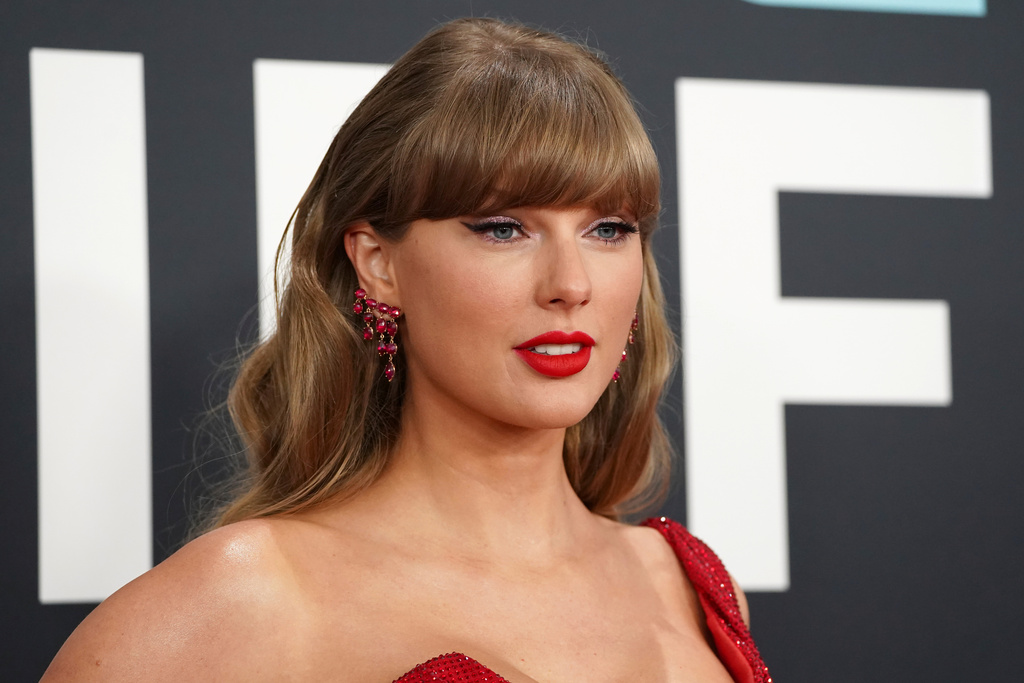By KELVIN CHAN AP Business Writer
LONDON (AP) — Universal Music Group and AI song generation platform Udio have settled a copyright infringement lawsuit and agreed to team up on new music creation and streaming platform, the two companies said in a joint statement.
Universal and Udio said Wednesday that they reached a “compensatory legal settlement” as well as new licensing agreements for recorded music and publishing that will “provide further revenue opportunities” for the record label’s artists and songwriters.
The rise of AI song generation tools like Udio has disrupted the $20 billion music streaming industry. Record labels accuse the platforms of exploiting the recorded works of artists without compensating them.
The deal is the first since Universal, along with Sony Music Entertainment and Warner Records, sued Udio and another AI song generator, Suno, last year over copyright infringement.
“These new agreements with Udio demonstrate our commitment to do what’s right by our artists and songwriters, whether that means embracing new technologies, developing new business models, diversifying revenue streams or beyond,” Universal CEO Lucian Grainge said.
Financial terms of the settlement weren’t disclosed.
Udio and Suno pioneered AI song generation technology, which can spit out new songs based on prompts typed into a chatbot-style text box. Users, who don’t need musical talent, can merely request a tune in the style of, for example, classic rock, 1980s synth-pop or West Coast rap.
The tools have fueled debate over AI’s role in music while raising fears about “AI slop” — automatically generated low quality mass produced content — highlighted by the rise of fictitious bands passing for real artists.
Udio and Universal, which counts Taylor Swift, Olivia Rodrigo, Drake, and Kendrick Lamar, among its artists, said the new AI subscription service will debut next year.
It will let users “customize, stream and share music responsibly on the Udio platform” and be trained on “authorized and licensed music.”
Udio CEO Andrew Sanchez said the deal “empowers artists and fans” and unites “AI and the music industry in a way that truly champions artists.”
News
Universal Music and AI song generator Udio settle lawsuit and partner on new AI music platform

FILE - Taylor Swift arrives at the 67th annual Grammy Awards on Feb. 2, 2025, in Los Angeles. (Jordan Strauss/Invision/AP, File) Photo: Associated Press





